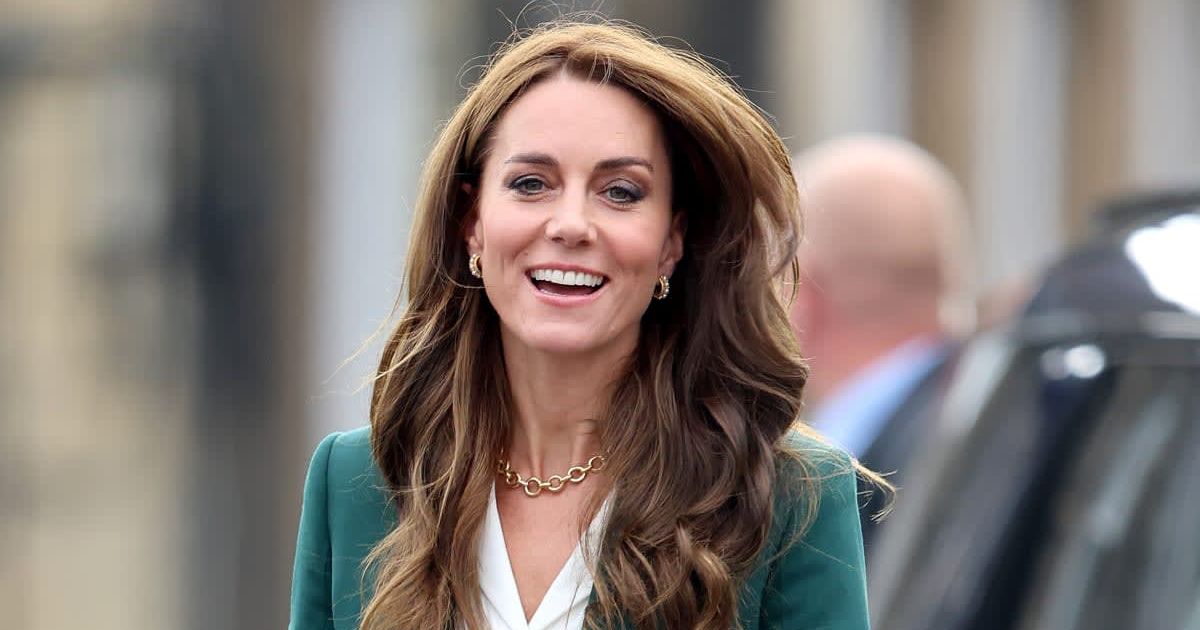Kate Middleton's preventative treatment explained as she shares cancer diagnosis in touching video

LONDON, ENGLAND: The Princess of Wales, Kate Middleton, has bravely disclosed her journey of undergoing preventative chemotherapy after cancer was detected during medical tests.
In a poignant video message shared with the world on Friday, March 22, Middleton unveiled this latest chapter in her health journey, following her abdominal surgery earlier in January 2024.

While Kate did not reveal specific details about the type or stage of her cancer, she did disclose that she is in the "early stages" of preventative chemotherapy. This treatment approach is aimed at reducing the risk of cancer recurrence or spread, often administered either before or after primary treatments such as surgery. In Kate's case, it serves as adjuvant therapy following her previous surgery.
A message from Catherine, The Princess of Wales pic.twitter.com/5LQT1qGarK
— The Prince and Princess of Wales (@KensingtonRoyal) March 22, 2024
What is preventative chemotherapy?
Chemotherapy is a potent cancer treatment that utilizes medication to target and destroy cancer cells. Preventative chemotherapy, also known as adjuvant therapy, is employed to minimize the likelihood of cancer recurrence or metastasis.
It acts as a proactive measure against the potential spread of cancerous cells, akin to "mopping a floor with bleach" to eliminate any residual cells, as described by Professor Andrew Beggs, Consultant Colorectal Surgeon at the Queen Elizabeth Hospital Birmingham, per GBN.
Kate Middleton's treatment journey
Chemotherapy regimens encompass various forms, including tablets, liquids administered intravenously, or in combination with other therapies like radiotherapy. Depending on the type and stage of cancer, the duration and frequency of chemotherapy sessions can vary significantly.
Professor Bob Phillips, professor of Paediatric Oncology at the University of York, emphasizes the individualized nature of chemotherapy treatment, tailored to the specific characteristics of each cancer type.
Professor Phillips noted that the duration of chemotherapy treatment varied widely, emphasizing that it typically consisted of "between four and six 'cycles' (blocks) of chemo, each cycle lasting 21 days and consisting of a day or few days of chemo."
He further explained that following each cycle, there would be a period for the body to recuperate while the chemotherapy continued to target cancer cells. Additionally, he highlighted the diverse scheduling of chemotherapy sessions, including daily, four-weekly, and two-weekly intervals.
Managing side effects of treatment
While chemotherapy is vital in combatting cancer, it often comes with side effects due to its impact on healthy cells alongside cancerous ones. Patients may experience fatigue, nausea, hair loss, and heightened susceptibility to infections, among other symptoms.
Medical interventions and supportive care measures are employed to alleviate these side effects and enhance patients' quality of life during treatment.










